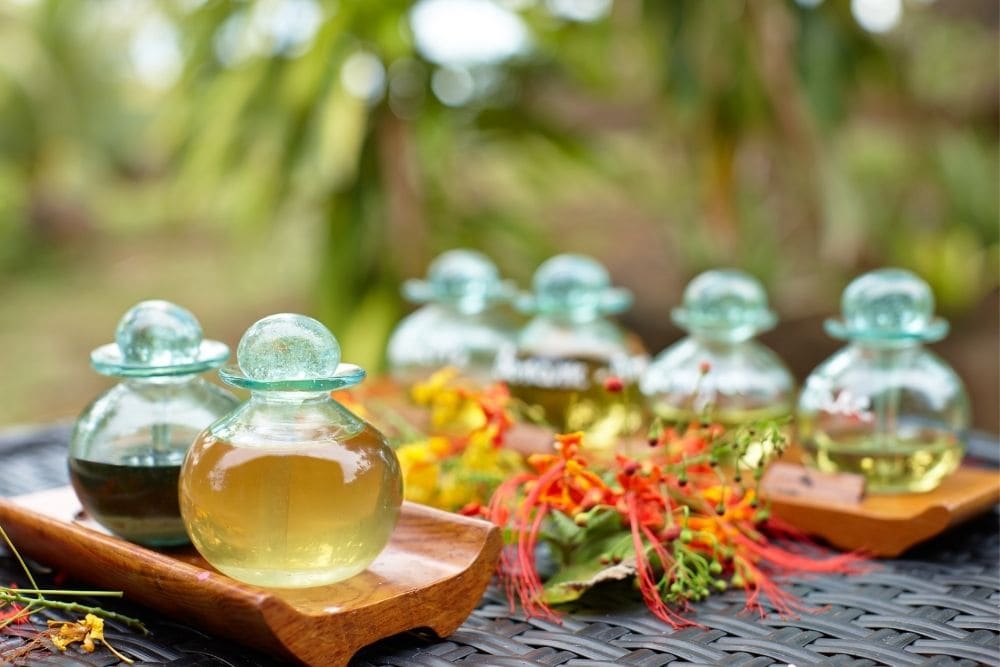The essential oil world can be a little overwhelming to a newcomer. From the seemingly infinite number of brands to the hundreds of plant essential oils available, knowing where to start and who to trust might feel impossible.
Then there’s the issue of learning all the terms in the essential oil industry. You’ll read the words ‘pure’, ‘distillation’, ‘cold-pressed’, ‘certified organic’, and how every brand has their own special way of testing their oils for quality-control sprinkled on every website and blog.
How much does any of this matter when picking an essential oil to put in your diffuser?
The short answer to this is not really. Brands overcomplicate oil descriptions for the sake of marketing or simply wanting to reassure their customers of how much they value their product.
No one wants to buy from a company that doesn’t seem completely dedicated to producing the highest quality oil possible.
At the end of the day, the chance of a particular brand’s oils causing any harm while being diffusers is incredibly unlikely, but there are a few things to keep in mind when choosing an essential oil to diffuse, especially if your diffuser is in a more public space in your home.
Keep reading to learn more!
Contents
Best Essential Oils for the Diffuser
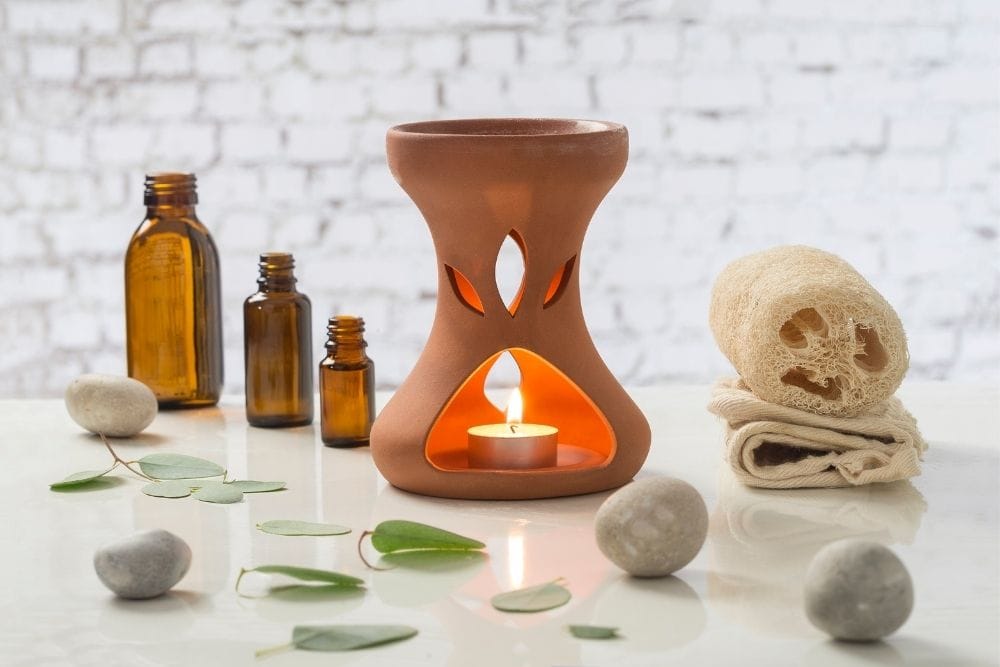
Diffusers spread a thin mist of water and oil around your space, so quality should always be prioritized when choosing an essential oil. Unlike using essential oils topically, enjoying the benefits of essential oils with a diffuser relies on your inhaling the oil particles.
Coating your airways with the best possible oils is very important and pretty easy to do.
Here’s what to look out for:
Extraction Method
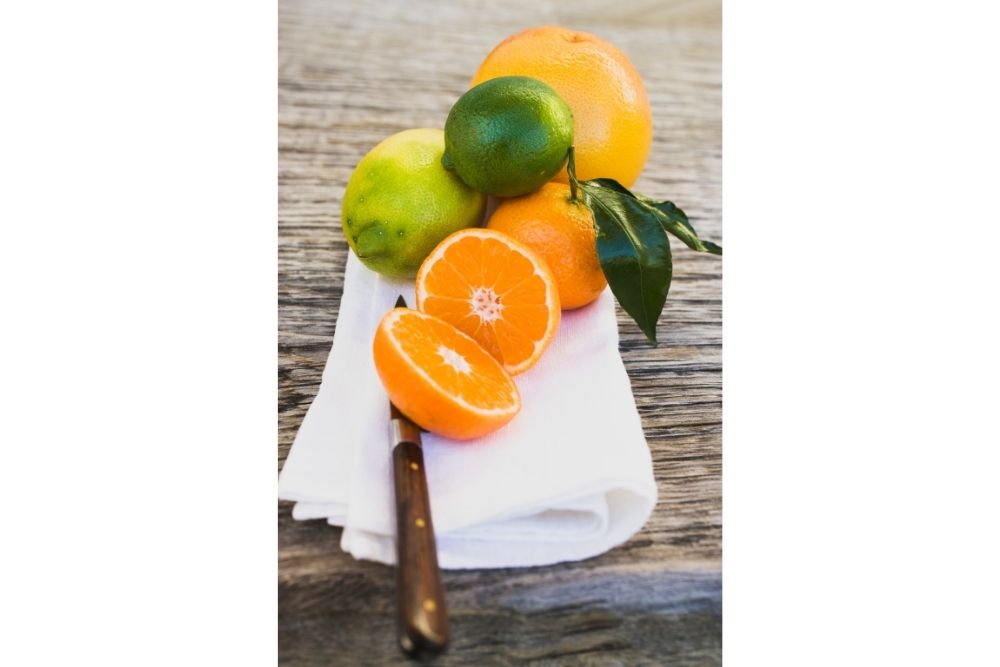
When deciding what oil to go with, cold-pressed or steam distilled essential oil is usually the best choice. Steam distillation is the most popular of the extraction methods and produces a reliable product that is concentrated and unadulterated.
In steam distillation, pressure and steam are used to extract and separate water and essential oils from plant material through a series of valves and chambers.
The Edens Garden Clary Sage Essential Oil is steam distilled and has been very well-received by customers.
Cold pressing is usually done for citrus fruits like lemon, orange and grapefruit does not require any heat. Many people prefer cold-pressed oils because they believe the lack of heat helps retain the essential oil’s beneficial properties.
The DoTERRA Lemon Essential Oil is a great example of a cold-pressed oil on the market. Give it a go if you haven’t already!
Solvent extraction is an efficient way of extracting fragrance from a plant, however, it does not technically make an essential oil. This method of extraction also means the final product will still have a very small amount of ethanol in it.
Jasmine is commonly extracted using the solvent extraction method, so we recommend trying out the Florona Jasmine Essential Oil.
Although solvent extraction is perfectly safe — and actually more affordable — it is important to keep in mind that steam distillation and cold pressing are more ‘pure’ oil more accepted by industry standards.
Organic vs Conventional Oils
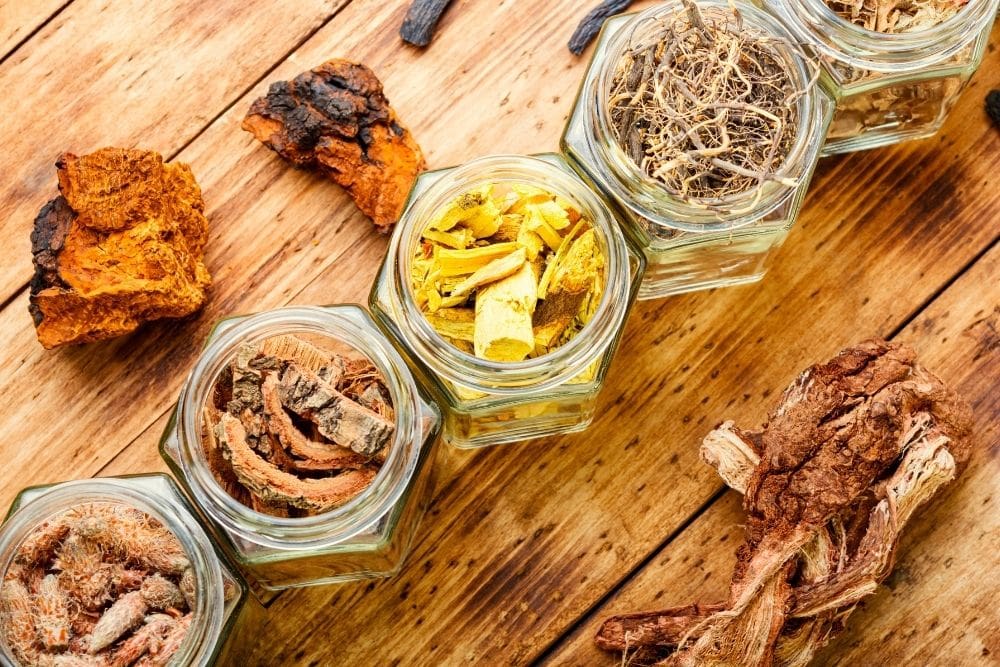
Organic essential oils can be significantly more expensive than their conventional counterparts, so here’s some good news: if your essential oil is steam-distilled, you probably don’t need to worry about it being organic!
Some pesticides can hold up in the intense heat of a steam distillation chamber, and will break down instead of incorporating with the freshly made essential oil. The potentially harmful chemicals in the pesticides will be tossed out with the remaining plant matter, while the pure pesticide-free oil gets sent your way!
However, if you are using cold-pressed oils, it’s safer to spend the extra money and go organic. The chance of pesticides ending up in the final product of a cold-pressed lemon oil is pretty high, so better to be safe than sorry when buying your citrus oils.
There are also plants that are naturally pest-resistant and don’t require any pesticides when being farmed. Rosemary, vetiver, patchouli, lemongrass, clove, and thyme all have some sort of pest-controlling property.
If you’re on the fence about whether or not to buy organic, Revive Essential Oils 3 Pack! Although they aren’t technically organic, their plants are foraged and don’t contain any pesticides — they are also very affordable!
Best Brands

If you’re looking for a few brands to trust for your diffusing needs, here are some of our recommendations!
Plant Therapy is an affordable brand that takes pride in clearly labelings its oils that are safe for children, pets, and pregnant women. It also has a dilution chart for when you apply their oils topically.
The company is also completely organic, cruelty-free, pure, and loves to give back to several charities. Although we’ve established that organic oils aren’t necessarily always better, having the option is important to a lot of customers — especially if you prefer cold-pressed oils.
We trust Plant Therapy for all of our diffusing needs and we think you’ll love them too!
doTerra is one of the most popular essential oil brands out there — and for good reason; they never let us down when it comes to consistently producing high-quality oils. Their oils are sourced responsibly and doTerra works hard “by creating and sustaining jobs” to reduce poverty in developing countries.
When it comes to diffusing their oils, doTerra sells their highly-rated Petal Diffuser. You can read more about this diffuser in our article doTERRA Petal Diffuser.
Best Types of Oil
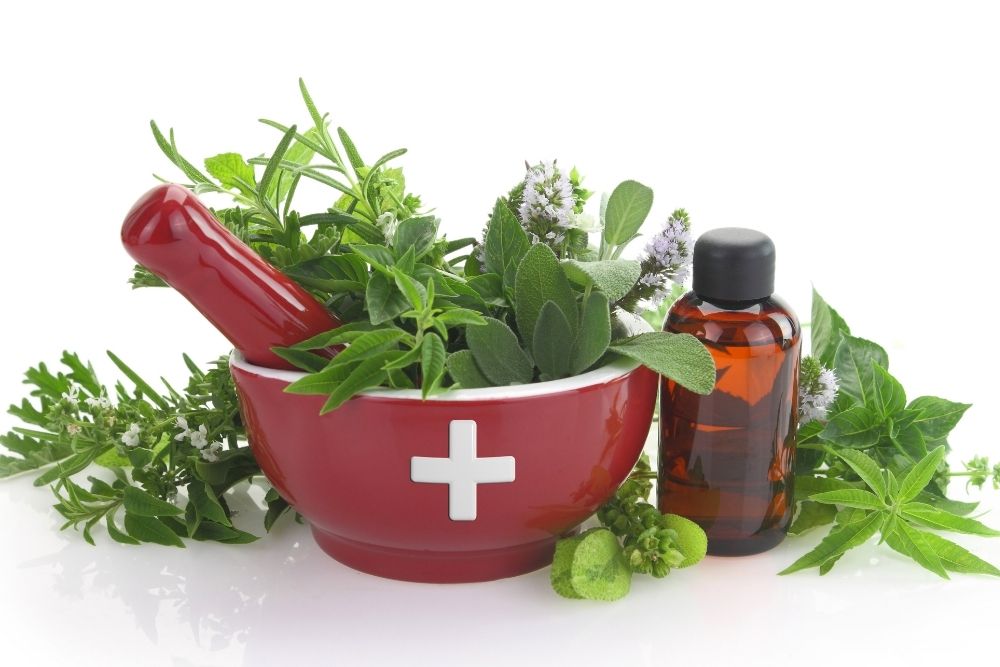
If you’re an adult and only live with other human adults, you can have as much fun as you want to experiment with essential oils. From sage to sandalwood, the world is your oyster when it comes to adding drops of concentrated plant oil into your diffuser.
If you’re consistently having a hard time falling asleep, try Chamomile Oil to combat the symptoms of anxiety and depression. The scent is strong and warming without being overpowering — think of a relaxing herbal hug.
Have a stuffy nose? Not after you get your hands on some Eucalyptus Oil. The fresh, spunky scent of this essential oil will help your sinuses get back to breathing clearly and contently.
What essential oils should not be diffused?
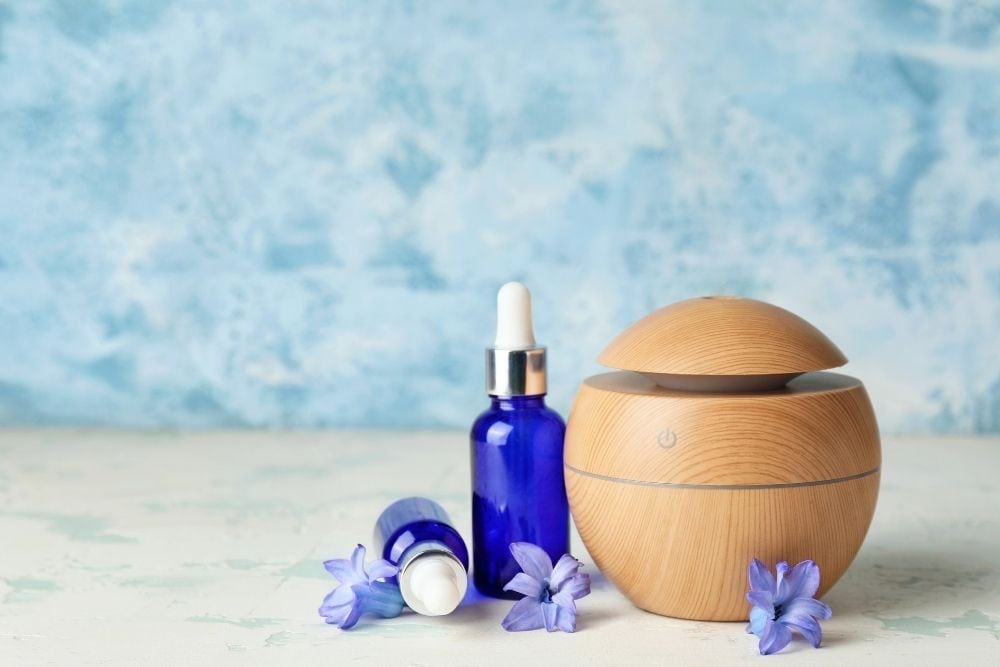
As always, safety comes first when handling essential oils. Just because something is ‘natural’ does not automatically make it safe.
Diffusing essential oils means that everyone from your baby to your dog gets to enjoy the perfumed mist, so picking an oil that is safe for every family member is crucial. Please exercise caution and do your research before diffusing an oil in a public living space like the living room or kitchen.
Keeping Your Furry Family Members Safe

We love our fur babies and they love us! Unfortunately, not all essential oils feel the same way about our bundles of joy and might even be fatal to them.
Here is a list of toxic essential oils for pets:
- Eucalyptus Oil
- Tea Tree Oil
- Cinnamon
- Citrus
- Peppermint
- Pine
- Wintergreen
- Ylang Ylang
- Clove Oil
- Oil of Sweet Birch
- Pennyroyal Oil
Keep in mind that you should always do your own research before diffusing an oil in a room your pet is in.
Inhaling or ingesting essential oils can cause several problems for cats and dogs. Essential oil poisoning can cause respiratory issues, liver damage or failure, seizures, behavior changes, central nervous system issues, and even possibly death.
These are incredibly serious effects that we know any pet-owner would be devastated by, so please ensure any oil you are diffusing around your furry friends will make them as happy as they make you.
If you really want to play it safe, there are essential oils specifically developed with your pets in mind. As mentioned previously, Plant Therapy labels their pet-safe essential oils and has a Pup and Pony line.
The Plant Therapy Pup & Pony Show Ready Essential Oil Blend even provides your dog with the amazing immune-boosting benefits us humans love to receive from diffusing. If your pup is giving you some attitude, the Pup & Pony Confident K9 Essential Oil Blend was developed to give you and your dog a happy boost and is completely safe to use in a diffuser!
Kid-Friendly Essential Oils

Just because an essential oil is safe for you to use, does not mean it’s safe for your infant. Age is a huge component when determining which essential oils are safe for who, so make sure you’re well-informed if you have a little one running around.
These oils should never be used on or around a young child:
- Eucalyptus
- Fennel
- Peppermint
- Rosemary
- Verbena
- Wintergreen
The mucous membranes line several cavities of the body externally and internally, and keep your membranes wet by secreting mucus. It goes without saying that they are important and should not be irritated.
Some essential oils can irritate the mucous membranes of young children (especially their eyes, nose, and mouth) and should be carefully diffused if used at all. Bay, cinnamon, clove, lemongrass, thyme, and peppermint should all be used with caution around children.
This is where Plant Therapy comes in again. Their KidSafe range is reliable, convenient, and takes the worry out of using essential oils around children.
Their KidSafe Sniffle Stopper Essential Oil Blend is perfect for pollen season or when winter starts to roll around. It fortifies the respiratory system and works wonderfully in a diffuser!
If your kiddo doesn’t want to go to sleep, drop some of their Sweet Slumber Essential Oil Blend in a diffuser in their bedroom to soothe them to dreamland. Just keep in mind that this product is not made for children under two years old.
Expired Oils
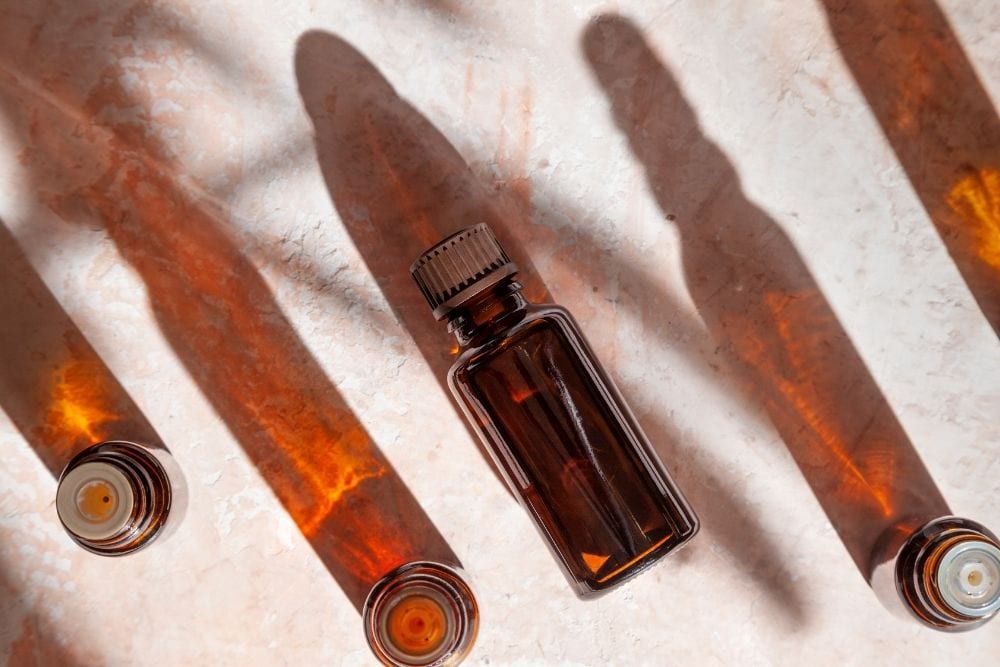
Expired oils are not safe to inhale and should never be diffused! Past-due oils can cause irritation, rashes, burns, and sensitization if they come in contact with the skin.
The shelflife of an oil can vary from one to eight years, depending on the kind of oil. Expired oils will usually either have a different consistency (either thicker or thinner), have changed in color, become cloudy, or simply just don’t smell the same anymore.
Citrus oils and frankincense have the shortest shelf life, lasting only 1-2 years. Because of this, we don’t recommend buying these oils in bulk so you never risk wasting expensive expired essential oils.
On the other end of the spectrum, buddha wood, patchouli, sandalwood, and vetiver can all last for up to eight years! That means you can comfortably enjoy their earthy warm scent notes for years without having to worry about an expiration date.
Oxidation is primarily what makes an oil go bad so focus on the opening date rather than when you bought it. We recommend writing the month and year on the oil bottle when you open it so you can keep track of how long the oil has been exposed to air.
Ideally, it should never take more than eight years to finish a bottle of oil. If you find yourself taking that long to get through an oil, you either aren’t using it enough (and are missing out on all of its wonderful benefits) or probably just don’t like it enough to keep it lying around in your cupboard.
Need more ideas on how to use your oils before they expire? Have a look at our article 9 Ways to Burn Essential Oils Without a Diffuser.
Conclusion
As long as your oils aren’t expired and you don’t have any pets or children, pretty much any oil is completely safe to diffuse. While some methods of extraction may produce higher quality oils, there are not any specifically unsafe kinds of oil to diffuse.
Organic is always a bonus but not necessarily required, so don’t feel pressured to pay the extra price for it. Plant Therapy and doTerra just happen to be organic but have fun finding what brand works best for you!
At the end of the day, making sure the oil you’re diffusing is safe for everyone living with you is key. Do your research and if you can, try out the KidSafe and Pup & Pony lines. They smell great and the cute packaging and fun names are an awesome bonus.

I currently work as a medical receptionist, but my ultimate goal is to work as an occupational therapy assistant. Helping others achieve a better quality of life is something I’m after. That’s one of the main reasons I started this blog. Learn more about me.
